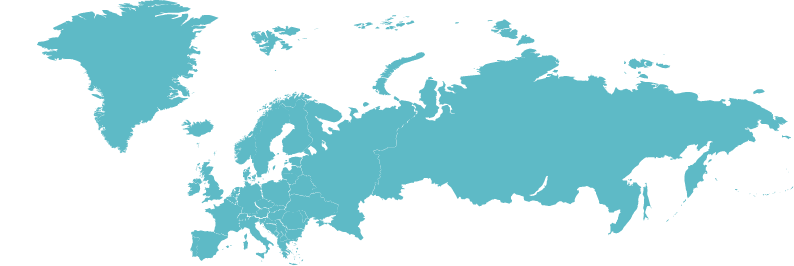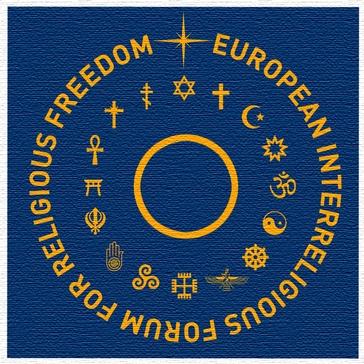On 16 October 2013, European Interreligious Forum for Religious Freedom (EIFRF) organized an event in partnership with United Sikh International, Federation Pro Europa Christiana, European Muslim Initiative for Social Cohesion (EMISCO), Coordination des Associations et des Citoyens pour la Liberté de Conscience (CAPLC Europe), Forum for Religious Freedom (FOREF) and Soteria International. The room was packed. The main reason for the meeting was to provide information on repressive policies used against religious minorities in Europe as well as the danger of letting these practices contaminate the rest of Europe. Speakers also addressed the need to raise awareness on human rights standards with regards to religious freedom and highlighted good practices that exist in Europe.
UK MEP Godfrey Bloom started with an introductory speech that focused on the brotherhood of all human beings, whatever religion they belong to. Then the Moderator, Father Aelthwine of the Antiochian Orthodox Archdiocese of Europe, introduced the first panel, which included Eric Roux (Steering Committee of EIFRF), Bashy Quraishy (Secretary General EMISCO – Strasbourg and Chairman of the Advisory Council European Network Against Racism – Brussels), Jasvir Sing (United Sikhs International) and Paul Herzog Von Oldenburg (Coordinator: International Federation, Pro Europa Christiana).
The speakers described the French model of dealing with religions from many angles, focusing on the treatment of minority groups, sometimes describing their own very personal experiences on this topic. They also warned the audience against the stated intention of some French anti-religious extremist groups to export the French model to the rest of Europe. Citing Austria, Germany, Belgium and Russia as being amongst the countries that also have a tendency to discriminate against religious minorities they alerted the international community to the pitfalls of copying the French model.
As his final remark, Bashy Quraishy stated: “My great wish is that the world should be based on satisfying the needs of all, instead of some. I want a world where many different cultures and religions live in harmony, where human beings are judged by the strength of their character and kindness of their hearts and not by the colour of their skin or by the name of their religion.”
After a Q&A session with the attendees the second panel took the floor. It was composed of Patricia Duval (Attorney at Law – Specialist in European and international Human Rights law), Juan Ferreiro Gualgueira (Full Professor of Ecclesiastical Law at University of Coruna, Former D/Director General for Promotion and Protection of Religious Freedom at the Spain Ministry of Justice), Alessandro Amicarelli (PhD, Attorney at Law of the Bar of Italy and Law Society of England and Wales - Doctor of Research in International Order and Human Rights) and Hans Noot (President of the Gerard Noodt Foundation - Member of the board of the ICRLS).
These experts described the good practices that exist in some European countries regarding the fair treatment of religious minorities, as well as the European and International jurisprudence on freedom of religion or belief.
They all insisted on the fact that no religion should be discriminated against by the State, small or large, old or new, whether appearing different from “traditional religions” or not, or even if being considered as a “sect” in certain countries. States should never assume the right to assess the legitimacy of religious beliefs, nor to engage in campaigns against certain religious movements as has happened in some countries.
In his final remark, Hans Noot stressed the social aspect of discrimination based on religious affiliation in Europe, noting that even when law takes into account the protection from discrimination, discrimination does not disappear. Amongst other proposals, he stated: “We could make a difference if we, united, propose and advocate public announcements and programmes that advocate a more open acceptance of different religions and their viewpoints, as well as welcome their contributions to the betterment of society. We would improve the communities and nations that we live in (…) What I am proposing is not to try to convert people to a religion or a political party. What we want to achieve is a society with people who value integrity and tolerance towards other organizations and respect for people of different persuasion than theirs.”
The various interventions and videos of the event will soon be available on http://www.eifrf-articles.org/
EIFRF is an unincorporated forum whose board is composed of religious leaders from wide range of different faiths and various countries, united to promote freedom of religion and beliefs, religious tolerance and knowledge of religions throughout Europe. For more information go to www.eifrf.org
Email: [email protected]

